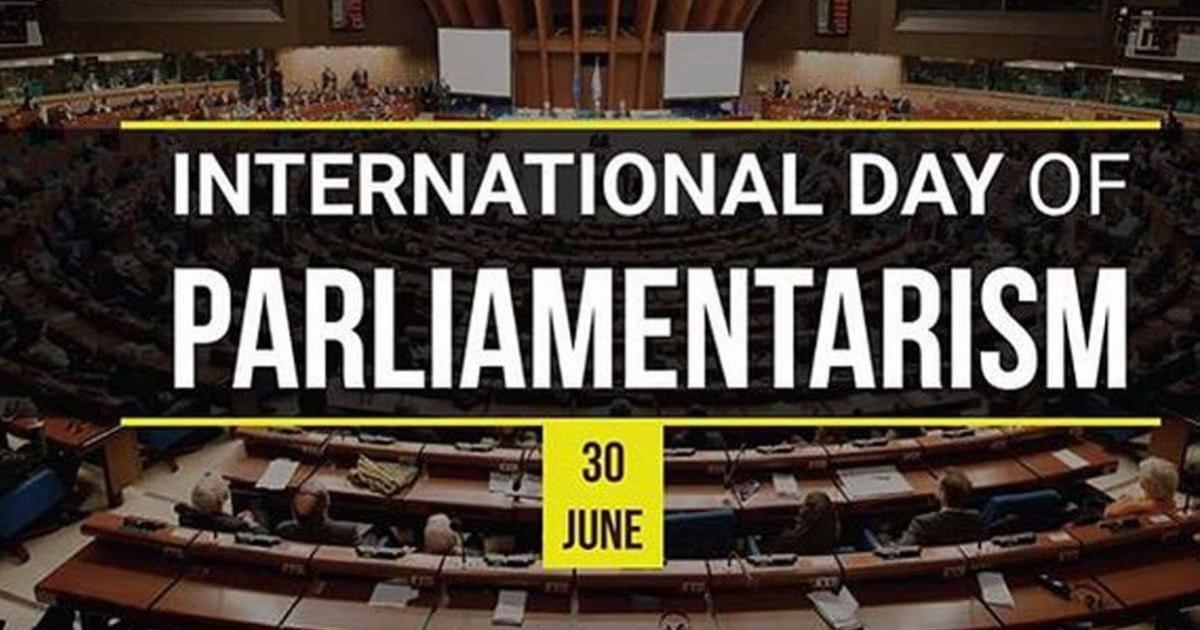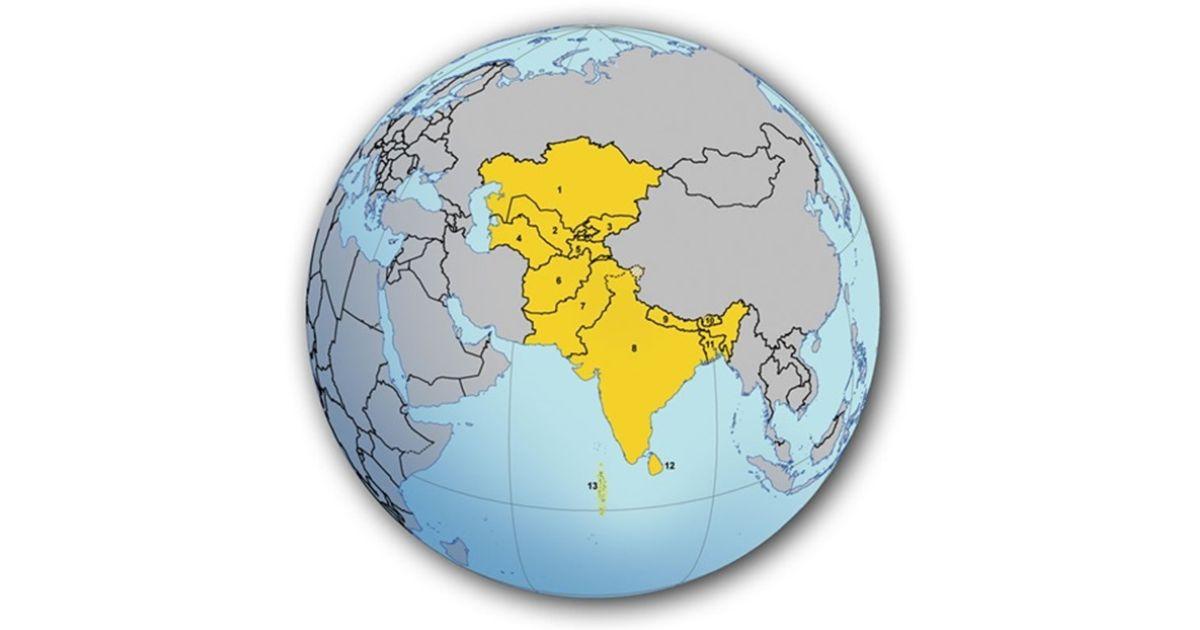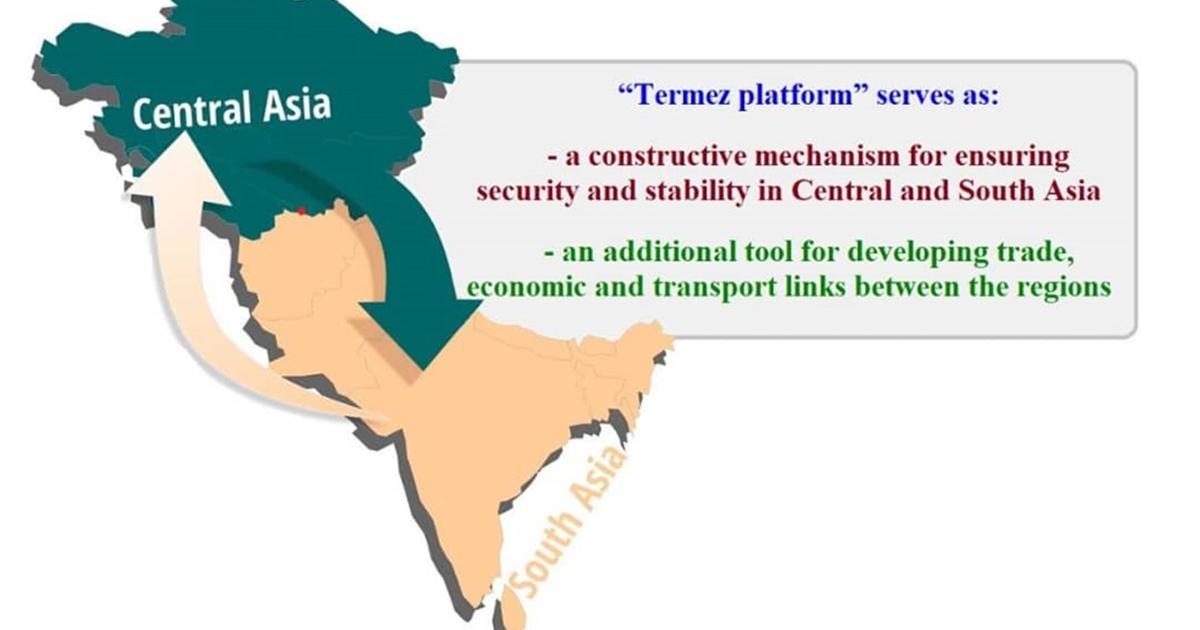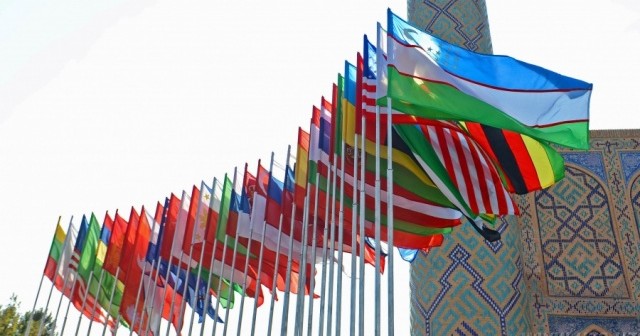
While formulating their new year resolutions, people from around the globe never thought that 2020 will start with a pandemic that is going to change the social, economic as well as political outlooks of the world. Until 29 March 2020, the COVID-19 pandemic has reached 199 countries infecting more than 720,000 people, from whom about 34,000 were killed by the novel coronavirus. In the OIC countries, the total number of cases recorded is 61,974 and the total deaths are 3,162. Most of these cases are in the Islamic Republic of Iran which has about 62% (38,309) and 83.5% (2,640) of the total confirmed cases and deaths recorded in the OICcountries, respectively. The first OIC country to receive the deadly virus was Malaysia on 24 January when it recorded three cases from the same family. The second country was the UAE with the first four confirmed COVID-19 cases recorded on 29 January.
The pace at which COVID-19 spreads is overwhelming the global healthcare system with many countries becoming unable to handle most of the new cases such as Italy, Spain and the USA. In the OIC countries, Turkey recorded the first case on 11 March and within only two weeks, on 25 March, the number of confirmed cases increased exponentially to 2,433 before it reached 9,217 four days later. The country now has the second-highest number of confirmed cases and deaths among the OIC countries, after Iran. Besides some Southeast Asian OIC countries, COVID-19 is widely spread in the Middle East and North African regions, with hundreds of cases recorded in the GCC countries, Egypt, Algeria, Morocco, Iraq, Lebanon, Jordan and others. The least affected OIC countries are in the rest of the African continent and also the Central Asian region.
The number of confirmed cases in several African countries has been increasing in the second half of March, such as Burkina Faso (222), Cote d'Ivoire (165), Senegal (142), Cameroon (139) and Nigeria (111). However, the rate at which the number of cases increases in these countries is not high compares to other parts of the world. Other OIC countries in Africa have recorded less than 10 confirmed cases so far including Guinea-Bissau (2), Chad and Somalia (3 cases each), The Gambia (4), Mauritania (5), Benin and Sudan (6 cases each), Gabon (7) in addition to Libya, Mozambique and Guinea (8 cases each). While some healthcare specialists think there may be more cases in Africa but there are not enough lab kits to test them, it is believed that the measures taken by many of these countries starting from closing their borders to enforcing social distancing helped to stop/slow down the virus.
In fact, Africa’s experience in dealing with several outbreaks in the past made the continent more capable and better prepared to face the COVID-19. Because the arrival of the virus to the continent was a bit late, where African leaders could see how it badly affected almost all western countries, many of these countries sensed the seriousness of the situation and decided to act even before any case was recorded. In total, five OIC countries have not been affected by the novel coronavirus which are Comoros and Sierra Leone in Africa, Tajikistan and Turkmenistan in Central Asia and Yemen in the Middle East. Although the number of COVID-19 cases in all 57 OIC countries is about 8.6% of the world’s figure, the share and influence of these countries in the global economic impact this virus are way higher than that.
- Business News 100
- Country News 16
- Feature News 30
- International News 151
- Interview News 35
- National News 18































